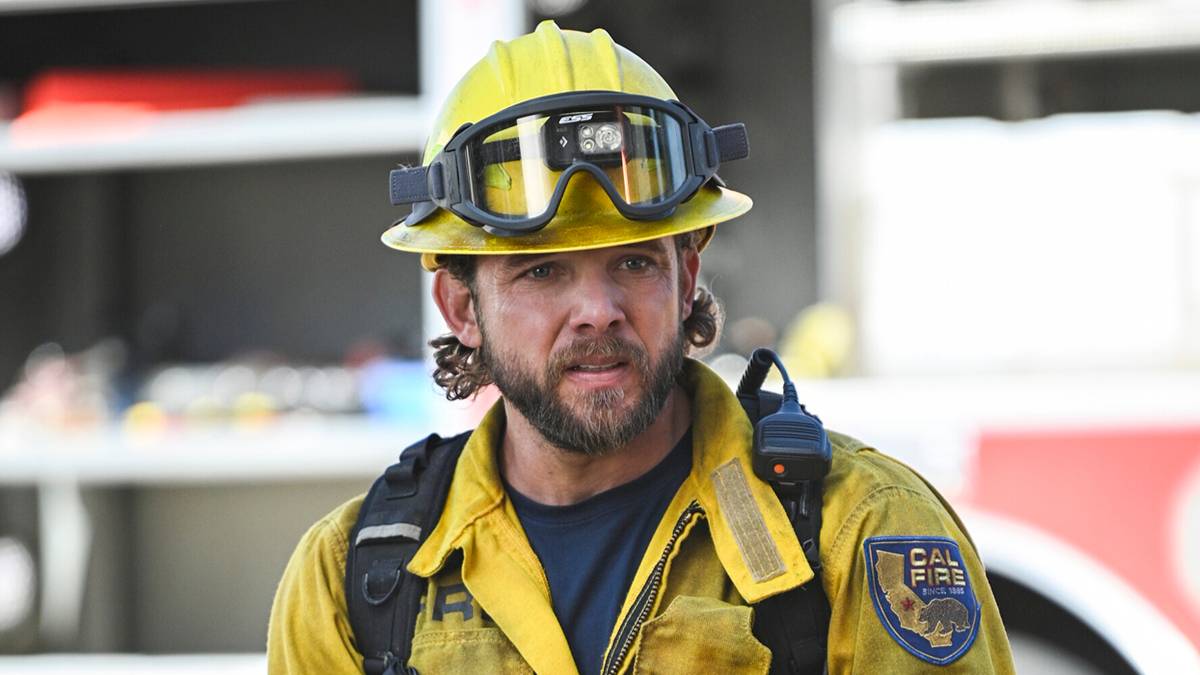Silicon Valley's AI Acceleration Sends Chills Down Safety Advocates' Spines

Silicon Valley leaders have recently ignited a significant controversy with public remarks and actions directed at groups advocating for AI safety. Figures such as White House AI & Crypto Czar David Sacks and OpenAI Chief Strategy Officer Jason Kwon have alleged that certain AI safety proponents are not operating with virtuous intentions but are instead driven by self-interest or influenced by powerful, unseen benefactors. These allegations have been met with strong resistance from AI safety groups, who view them as the latest in a series of attempts by Silicon Valley to intimidate its critics. Prior instances of such intimidation include rumors spread by venture capital firms in 2024, falsely claiming that California's AI safety bill, SB 1047, would lead to the imprisonment of startup founders, despite being labeled as "misrepresentations" by the Brookings Institution.
David Sacks notably targeted Anthropic, a prominent AI lab, in a post on X. He accused Anthropic of employing a "sophisticated regulatory capture strategy" built on "fear-mongering" to push for legislation that would benefit its own interests while stifling smaller startups with excessive paperwork. Anthropic had previously raised concerns about AI's potential contributions to unemployment, cyberattacks, and catastrophic societal harms, and was the sole major AI lab to endorse California’s Senate Bill 53 (SB 53). This bill, which mandates safety reporting requirements for large AI companies, was signed into law last month. Sacks’ comments were a direct response to a viral essay by Anthropic co-founder Jack Clark, delivered earlier at the Curve AI safety conference, where Clark articulated genuine reservations about AI technology.
Further elaborating on his position, Sacks contended that a truly sophisticated regulatory strategy would not involve antagonizing the federal government, yet he observed Anthropic’s consistent positioning as a “foe of the Trump administration.” This added another layer to his critique, suggesting a broader political agenda at play rather than pure safety advocacy.
Concurrently, OpenAI’s Chief Strategy Officer, Jason Kwon, publicly addressed the company’s decision to issue subpoenas to several AI safety nonprofits, including Encode, an organization dedicated to responsible AI policy. Kwon explained that following Elon Musk’s lawsuit against OpenAI – which claimed the company had deviated from its nonprofit mission – OpenAI found it suspicious that multiple organizations simultaneously expressed opposition to its restructuring. Encode had filed an amicus brief supporting Musk’s lawsuit, while other nonprofits vocally criticized OpenAI’s corporate changes.
Kwon stated that these circumstances raised "transparency questions about who was funding them and whether there was any coordination." NBC News reported that OpenAI’s broad subpoenas were sent to Encode and six other critical nonprofits, demanding communications related to two of OpenAI’s significant opponents: Elon Musk and Meta CEO Mark Zuckerberg. OpenAI also sought communications regarding Encode’s support for SB 53, further highlighting the tension surrounding legislative efforts.
These aggressive maneuvers have created a chilling effect within the AI safety community, with many nonprofit leaders asking to speak anonymously to TechCrunch out of fear of retaliation. The controversy also brought to light an internal division within OpenAI, where its safety researchers frequently publish reports detailing AI system risks, while its policy unit lobbied against SB 53, advocating for uniform federal regulations instead. Joshua Achiam, OpenAI’s head of mission alignment, publicly voiced his discomfort with the company’s subpoena actions, stating on X, “At what is possibly a risk to my whole career I will say: this doesn’t seem great.”
Brendan Steinhauser, CEO of the Alliance for Secure AI (which was not subpoenaed), suggested that OpenAI might be convinced its critics are part of a Musk-led conspiracy. However, Steinhauser argued that this perception is inaccurate, noting that a significant portion of the AI safety community is critical of xAI’s safety practices. He characterized OpenAI’s actions as an attempt to "silence critics, to intimidate them, and to dissuade other nonprofits from doing the same," while Sacks' concerns likely stem from the growing momentum of the AI safety movement and the desire to hold powerful companies accountable.
Adding to the discourse, Sriram Krishnan, the White House’s senior policy advisor for AI, criticized AI safety advocates as “out of touch,” urging them to engage with "people in the real world using, selling, adopting AI in their homes and organizations." This perspective contrasts with recent studies, such as a Pew study indicating that roughly half of Americans are more concerned than excited about AI, with a more detailed study showing voters prioritize concerns over job losses and deepfakes more than the catastrophic risks often highlighted by the AI safety movement.
The ongoing dispute underscores a fundamental tension in Silicon Valley: balancing the rapid growth of the AI industry with the imperative for responsible development. While the fear of over-regulation is understandable given AI investment’s role in the American economy, the AI safety movement is gaining significant traction heading into 2026 after years of unregulated progress. Silicon Valley’s escalating efforts to counteract safety-focused groups may, paradoxically, be a testament to the growing impact and effectiveness of these advocates.
You may also like...
Embiid's Back! 76ers Star Returns After Nearly 8-Month Absence

Joel Embiid made a triumphant return to the court for the Philadelphia 76ers after an eight-month absence due to knee su...
Vegas Takes Over! Aces Crowned WNBA Champs, Parade Lights Up The Strip

The Las Vegas Aces celebrated their third WNBA championship in four years with a spectacular parade down the iconic Las ...
Shockwave in Hollywood: ‘9-1-1’ Actor Loses Landmark COVID Vaccine Lawsuit Against Disney!

"9-1-1" actor Rockmond Dunbar's lawsuit against Disney-owned 20th Television, alleging religious discrimination over COV...
Aged 99, Sir David Attenborough Smashes Emmy Record, Becomes Oldest Winner Ever!

Sir David Attenborough has become the oldest ever Daytime Emmy winner at 99, taking home the award for Outstanding Dayti...
Gucci Mane Reveals Past Peacemaking with Drake and Young Thug!

Gucci Mane reflects on his journey in rap, sharing how he apologized to Drake for a past Twitter tirade and extended for...
Country Legend Waylon Jennings' Lost Track 'Songbird' Dominates Billboard Charts!

"Songbird," a new collection of previously unheard recordings from Waylon Jennings, has earned the late country icon his...
Morena Baccarin Unpacks 'Sheriff Country' Character Mickey's Controversial Moral Code

In the new CBS series 'Sheriff Country,' Morena Baccarin stars as Sheriff Mickey Fox, a seasoned law enforcement officer...
Fire Country Shocker: Showrunner Breaks Silence on Season 4 Premiere Death and Wild Future

Season 4 of 'Fire Country' sees Edgewater and Station 42 grapple with the monumental death of Vince Leone, impacting Bod...

